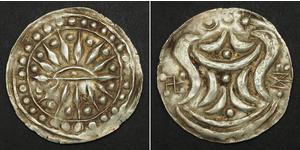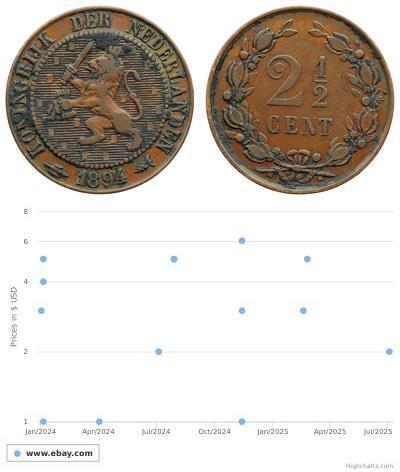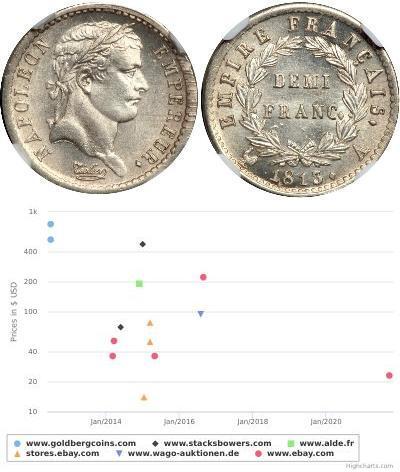100 Mon
1835, Japan, Shogunate, Bakamatsu Period. Bronze Tempo Tsuho (100 Mon) Coin. aXF!
Reference: KM-7. Mint Year: 1835-1870 Denomination: 100 Mon (Tempo Tsuho) Condition: Minr deposits, otherwise about XF! Weight: 23.84gm Diameter: 48mm Material: Bronze
Obverse: Character above central square hole. Symbol below.
Reverse: Vertical inscriptions, flanking central square hole. Inscription: "To Hyaku" = "value 100"
The mon was a currency of Japan from the Muromachi period in 1336, until 1870. The Chinese character for mon is ? and the character for currency was widely used in the Chinese-character cultural sphere, eg. Chinese wen and Korean mun. Coins denominated in mon were cast in copper or iron and circulated alongside silver and gold ingots. The yen replaced these denominations in 1870. However, its usage continued at least into 1871, as the first Japanese stamps, issued in that year, were denominated in mon.
Bakumatsu (幕末 bakumatsu, "Late Tokugawa Shogunate", literally "end of the Shogunate") refers to the final years of the Edo period when the Tokugawa shogunate ended. Between 1853 and 1867 Japan ended its isolationist foreign policy known as sakoku and changed from a feudal Tokugawa shogunate to the Meiji government. The major ideological-political divide during this period was between the pro-imperial nationalists called ishin shishi and the shogunate forces, which included the elite shinsengumi swordsmen.
Although these two groups were the most visible powers, many other factions attempted to use the chaos of Bakumatsu to seize personal power. [page needed] Furthermore, there were two other main driving forces for dissent: first, growing resentment on the part of the tozama daimyo (or outside lords), and second, growing anti-western sentiment following the arrival of Matthew C. Perry. The first related to those lords who had fought against Tokugawa forces at the Battle of Sekigahara in 1600 and had from that point on been excluded permanently from all powerful positions within the shogunate. The second was to be expressed in the phrase sonnō jōi, or "revere the Emperor, expel the barbarians". The turning point of the Bakumatsu was during the Boshin War and the Battle of Toba-Fushimi when pro-shogunate forces were defeated.

|
发布人:
anonymous 2018-12-27 |
|
||
|
||
|
||
|
||

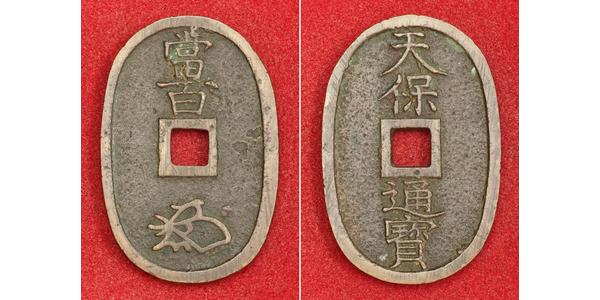

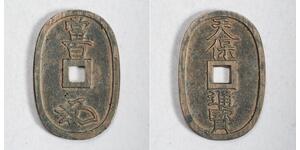
 Deutsch
Deutsch Русский
Русский Українська
Українська English
English Italiano
Italiano Français
Français Español
Español 汉语
汉语




